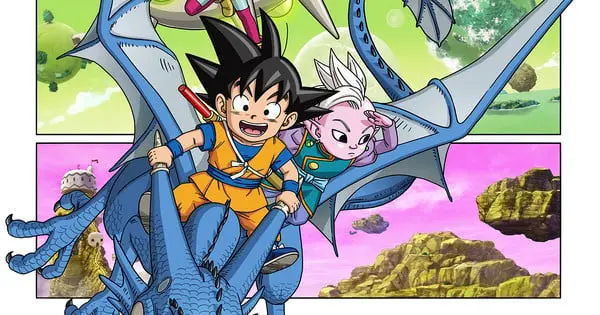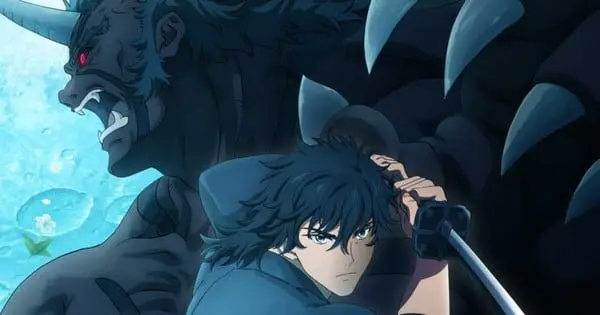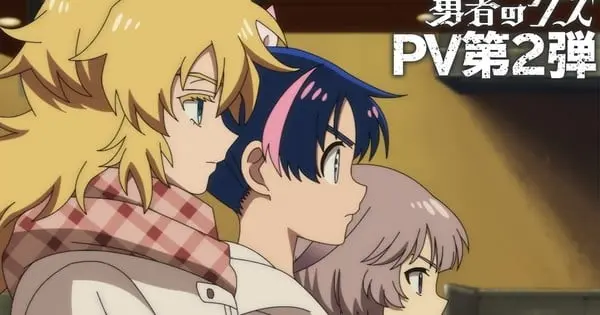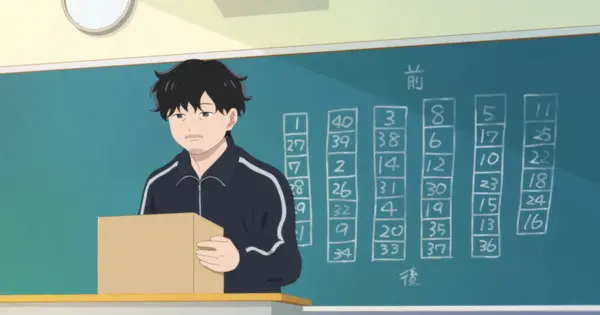The ongoing anime series Sword of the Demon Hunter: Kijin Gentosho has expanded its roster of voice talent and introduced fresh theme songs, coinciding with the launch of its new arcs. These additions aim to deepen the narrative and enhance the viewing experience as the historical fantasy saga continues its journey through time.
Expanding the Ensemble: New Cast Members Join the Hunt
The production of Sword of the Demon Hunter has progressively revealed new cast members, bringing more characters to life across its unfolding story. For the series’ “Edo arc,” which commenced with episode two, several notable voice actors joined the cast. These include Saya Aizawa as Natsu, Hiromu Mineta as Zenji, Masaki Aizawa as Juzo, Yoji Ueda as the Kihei Restaurant Owner, Ai Kayano as Ofu, Seiichiro Yamashita as Naotsugu Miura, Hitomi Nabatame as Yotaka, and Koji Yusa as Somegoro Akitsu.
Prior to these announcements, Kentaro Kumagai was cast as Kiyomasa, a priestess bodyguard, and Haruka Shamoto as Chitose, the daughter of the village teahouse owners.
As the anime transitioned into its “Bakumatsu arc” with episode 14, further key additions to the voice cast were revealed. Toshihiko Seki joined as Yasuhide Hatakeyama, Kenichiro Matsuda took on the role of Tsuchiura, and Kazuya Nakai was cast as Kiichi Okada.
These new voices complement the previously announced main cast, which features Taku Yashiro as Jinta, Reina Ueda as Suzune, and Saori Hayami as Shirayuki, among others.
Aural Landscape: New Theme Songs Set the Tone
The musical identity of Sword of the Demon Hunter has also evolved with the introduction of new theme songs for its later arcs. Initially, the opening theme was “Continue” performed by the Japanese rock band NEE. The initial ending theme was “Senya Ichiya” (One Thousand and One Nights), a collaboration between Hilcrhyme and Izumi Nakasone from HY.
With the advent of the “Bakumatsu arc” from episode 14 onwards, the series debuted new musical contributions. The opening song for this arc is “Ash,” performed by [Alexandros]. Complementing this, FAKE TYPE provides the new ending song titled “Enrin.” These fresh compositions aim to encapsulate the shifting atmosphere and new challenges presented in the latest chapters of Jinta’s centuries-spanning quest.










